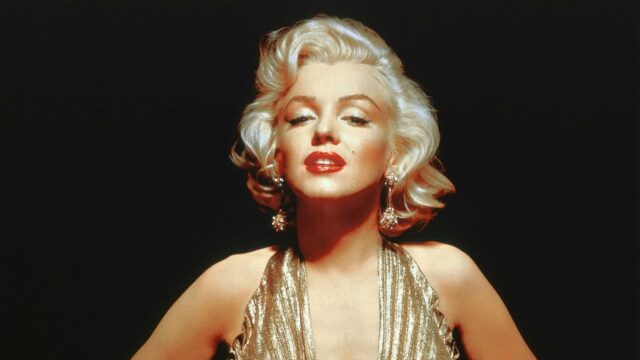
In an era where technology blurs the lines between the digital and the real, the latest creation by AI technology firm Soul Machines, a “hyper-real” AI-generated digital avatar of Marilyn Monroe, has ignited a debate about the ethical implications of using deceased celebrities’ likenesses. This AI, named “Digital Marilyn,” is capable of engaging in extended conversations with users, showcasing emotions and nuanced expressions through the use of advanced natural language processing, deep learning, and GPT 3.5.
Key Highlights:
- Soul Machines unveiled “Digital Marilyn” at SXSW in partnership with Authentic Brands Group, which owns the rights to Monroe’s likeness.
- The chatbot uses GPT 3.5 to deliver “emotions and nuanced expressions” during conversations lasting up to 20 minutes.
- Critics and the public have raised concerns over the ethicality of digitally resurrecting celebrities without their consent.
- Digital Marilyn is part of a growing trend of AI-generated likenesses of deceased personalities, sparking a broader discourse on digital rights and posthumous consent.
This technological advancement raises significant questions about the moral and legal territory of reanimating celebrities who cannot consent to their digital cloning. Critics argue this trend exploits the images of the deceased for commercial purposes, overshadowing the need for respect and privacy.
Ethical and Societal Implications:
- The initiative has stirred controversy and apprehension, with detractors highlighting the unsettling nature of interacting with a digital clone of a deceased celebrity.
- Concerns revolve around consent, the potential for misuse, and the impact on the legacies of those being digitally resurrected.
- Advocates for digital avatars of celebrities argue they offer a new way for fans to connect with icons of the past, suggesting these technologies provide a bridge to history and a means to preserve cultural legacies.
The development of Digital Marilyn and its reception underscore a pivotal moment in the evolution of AI and digital media. It challenges society to consider where the boundaries lie in the digital afterlife and the ethics of posthumous digital personas. The dialogue surrounding Digital Marilyn is just the beginning of a larger conversation on the intersection of technology, ethics, and the preservation of legacy in the digital age.










